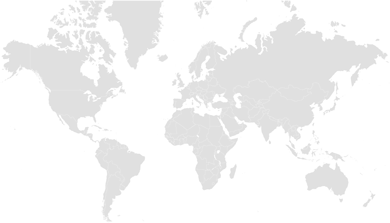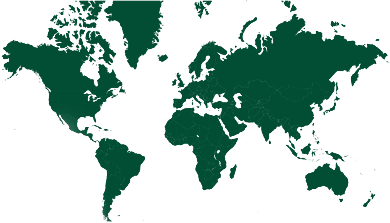Guidelines and manuals
2021 • UN-Habitat WaCT – Waste Wise Cities Tool
The Waste Wise Cities Tool (WaCT) is a diagnostic tool developed by UN-Habitat to assist cities in assessing municipal solid waste management (MSWM) performance. It utilizes a seven-step methodology encompassing waste generation, recovery, and disposal. The tool quantifies MSW metrics, evaluates environmental performance, and provides data for monitoring relevant SDG indicators. Designed for cities globally, WaCT supports informed decision-making for sustainable waste management strategies, aligned with SDGs and the circular economy.
Recovered Materials & Products
Energy
Materials
Waste Streams
Organic solid waste
Confirmed countries
Germany


What is this tool intended for?
The Waste Wise Cities Tool (WaCT) is designed to help cities assess their municipal solid waste management (MSWM) systems. By generating actionable data, the tool supports the development of strategies that enhance service coverage, improve infrastructure, and promote sustainable waste practices aligned with the Sustainable Development Goals (SDGs).
How does this tool work?
WaCT employs a structured seven-step methodology that follows the waste management chain from waste generation to recovery and disposal. Data is collected using household surveys, questionnaires, and site visits, focusing on waste composition, collection, and facility control levels. The process is streamlined with the WaCT Data Collection Application (DCA), an automated tool for entering and analyzing data.
Who might use this tool and with which types of stakeholders?
The tool is tailored for cities and local governments. However, it also benefits policymakers, municipal engineers, independent service providers, urban planners, consultants, and researchers who are engaged in improving waste management practices.
What stages of a process can this tool support?
WaCT provides support across several stages, including planning, monitoring, and evaluation. It aids cities in identifying performance gaps, formulating action plans, and tracking progress in achieving sustainability goals.
What skills, capabilities, and resources are required to use this tool?
Users require a basic understanding of MSWM principles and data collection techniques. Resources such as trained personnel, survey tools, and internet access for operating the WaCT Data Collection Application are necessary.
Where can this tool be used?
WaCT is designed for global application and is particularly useful in urban settings where municipal solid waste management poses challenges. It can be adapted to different scales and socio-economic contexts.
Get the Tool
Technologies
Composting
Anaerobic digestion
Gasification
Themes
Assessment
Monitoring, Evaluation and Learning
Capacity building
Policy and regulation
Waste-to-energy